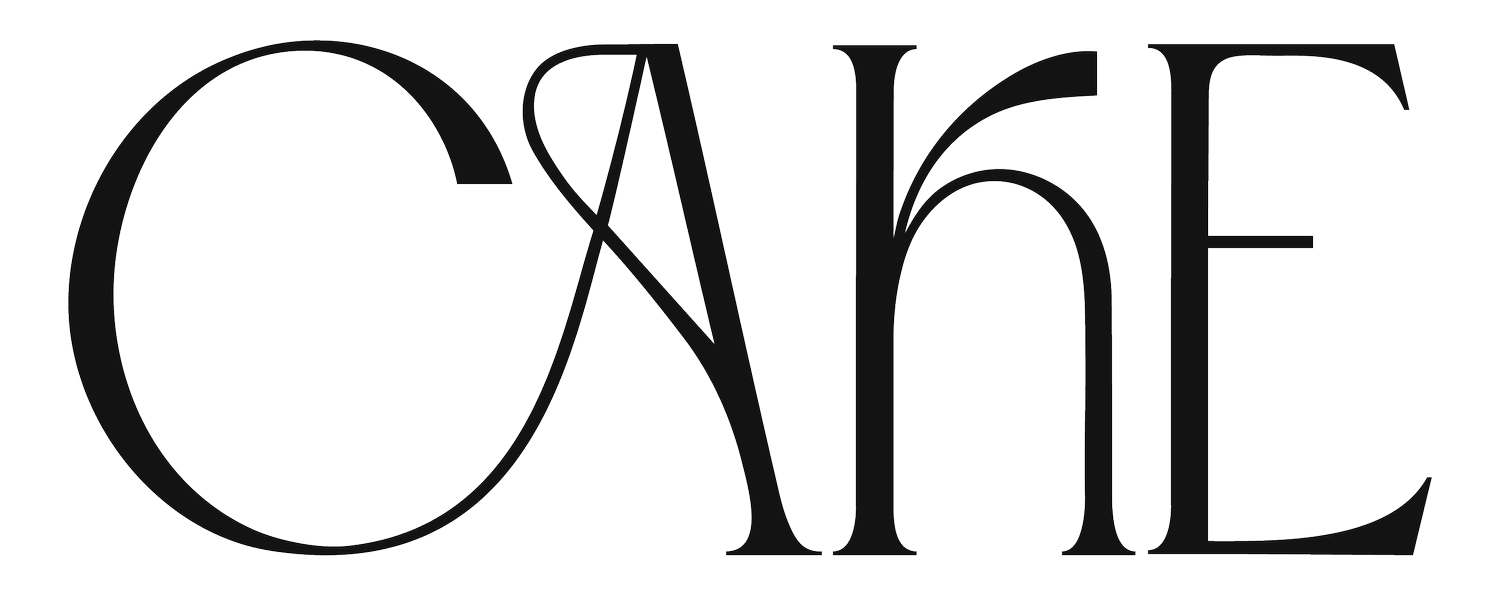Diversifying your online communications strategy
/When social media platforms experience an unexpected outage, is your business still able to reach its target audience?
Just over a week ago, social media users experienced one of the biggest platform outages of our times. For more than 12 hours, users of the main Facebook application, messaging site and Instagram across the recorded outages globally.
Businesses who use these channels to communicate with clients and customers were also left in the lurch, especially if they didn’t have other modes of communication set up with their clients.
In the same week Google apologised for a global outage in the Gmail functionality which rendered individual users and businesses unable to send and receive email communications with attachments.
While digital communications is often central to any marketing strategy, the events of this week highlight the risk of relying solely on one or two platforms to engage audiences.
In business, diversifying communication channels is key to ensuring communication remains possible when technology glitches - especially those outside your control - arise.
In a marketing sense this is pertinent not only for timely announcements of product launches or events, but also critical in crisis communications for situations where clients still need access to information as quickly as possible.
Many businesses utilise the functionalities of Facebook and Instagram very effectively. Some businesses are even built entirely around and through the platform. However, the question should be asked - what would I do if this platform experienced an outage, or if my page was unexpectedly shut down?
While it’s okay to have social media as a main communication channel, an important lead generation and client management activity, it’s imperative that businesses figure out a way to collect and retain people’s physical phone numbers and email addresses alongside their social media handles in either a customer relationship management (CRM) system, or another platform that complies with sensitive data collection. While private Facebook groups, webinars and live social media events are a positive platform for engaging communities, semi-regular opt-in subscription emails are also a more controlled way to increase individual engagement and give businesses another touch point with their customers.
Another helpful tip is having social media accounts set up across every several platforms, even if they aren’t the main mode of communicating with your engaged audience. For instance does your Instagram business also have a verified Twitter account with the same or very similar name where customers can still find you in the case of an Instagram outage?
For businesses reliant on regular customer conversions, social media should be one tool used among many. Businesses should convert clients through multiple channels, to avoid putting ‘all their eggs in one basket’. Outages aren’t the only risk, social platforms can also update their algorithms at any time - something you and your business also have no control over.
An integrated communications plan is not just for times of outage or crisis, but about meeting people where they like to hang out, whether it be on their chosen social platform, email subscription, podcast, through traditional media consumption, a niche blog or website or in their physical location.
Having a multi-channel approach ensures there will always be a way to reach the people who want to, and need to, communicate with you.
This article originally appeared in the Business Insight section of the Gold Coast Bulletin newspaper on 23/03/2019.


